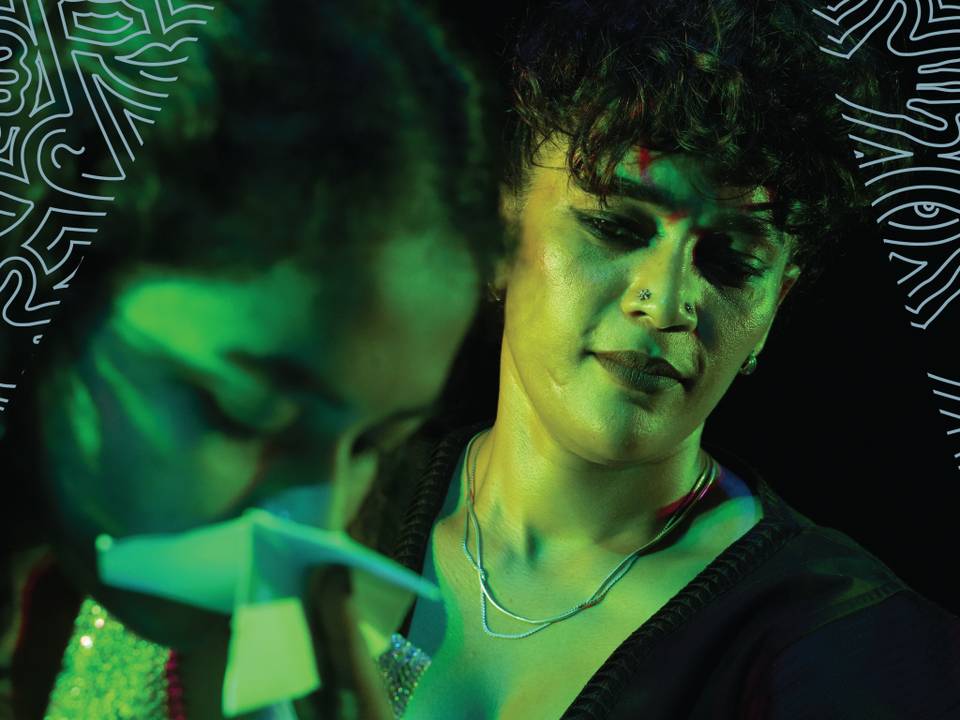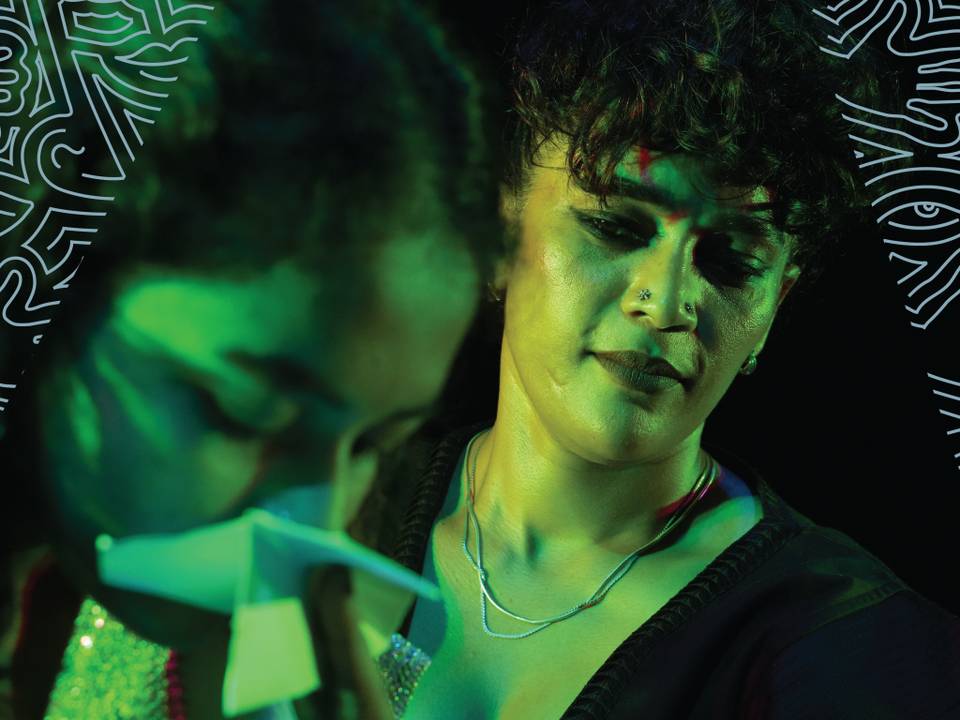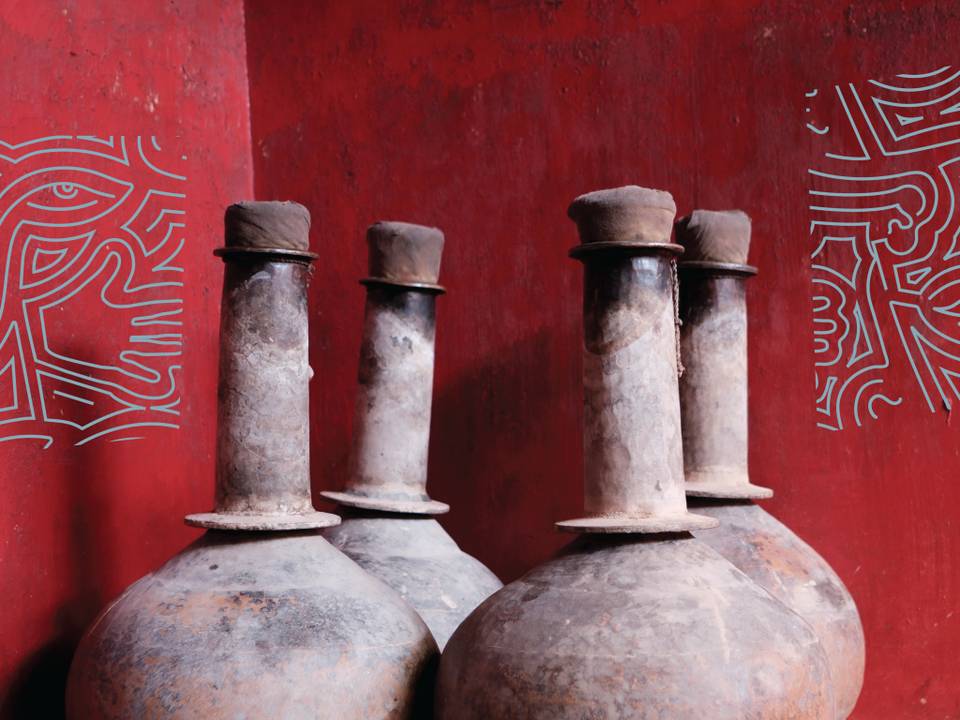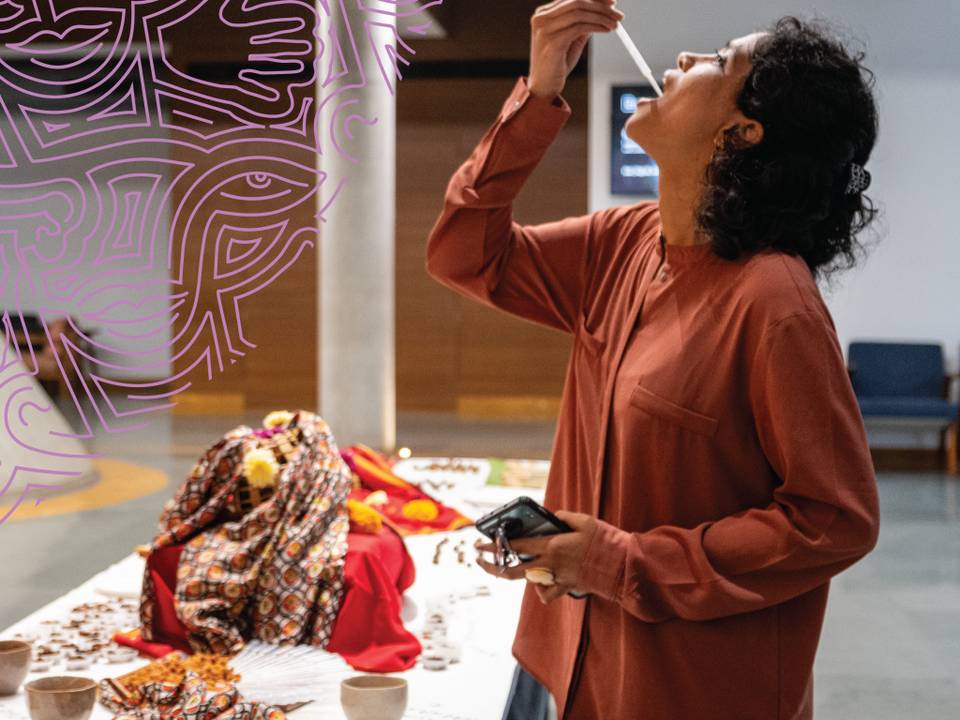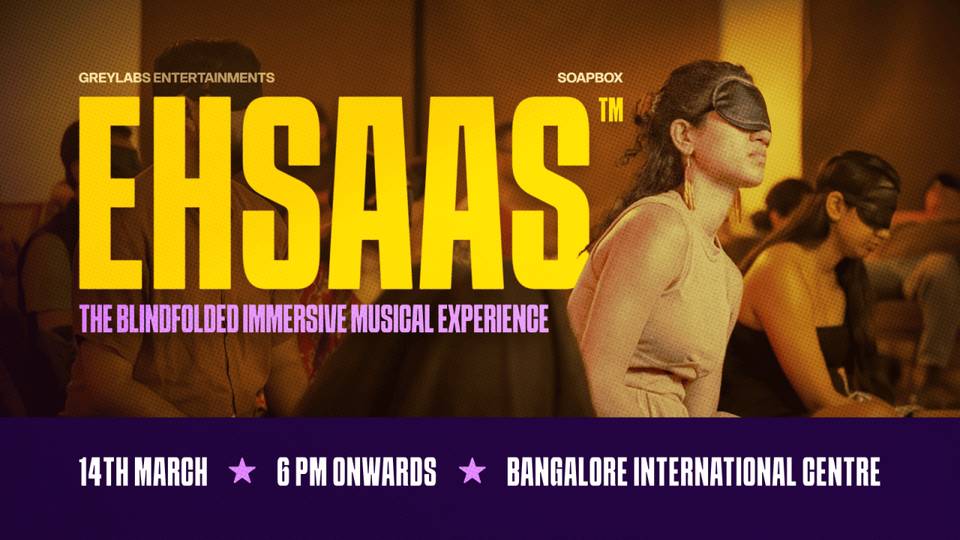Honey Bees of the Nilgiris Culture, Ecology and Markets
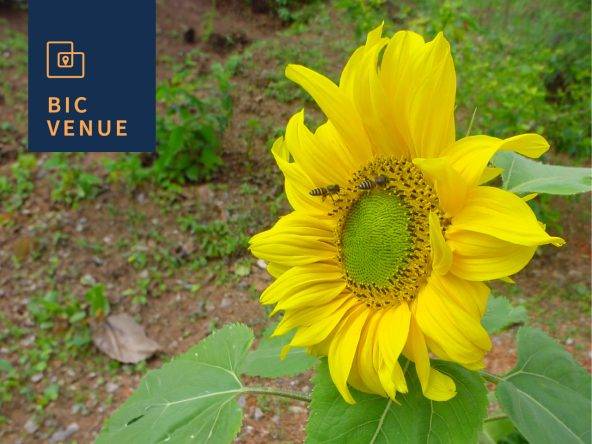
Details
Feb 23 2024 to Feb 26 2024 10 a.m.
EVENT HAS ENDED
Where
Bangalore International Centre
7 4th Main Rd, Stage 2, Domlur 560071
Event Description
Exhibition Opening: Friday, 23 February 2024, 5:30 pm Exhibition on show until Monday, 26 February 2024 Timings: 10 am to 8 pm Walkthroughs with the Contributors 23 February, Friday, 6:30 pm 24 February, Saturday, 12:30 pm and 6:45 pm 25 February, Sunday, 12:30 pm and 6:45 pm 26 February, Monday, 6:45 pm This exhibition was curated by Keystone Foundation for the Indigenous Youth Forum organised by the Food and Agriculture Organisation of the United Nations in Rome in October 2023. The idea for the exhibition came after we travelled to Istanbul for the World Congress on Bees in August of 2022. What we saw there blew our minds – bees and honey were high stakes, industrialised operations, dependent solely on one species, Apis mellifera. We were left wondering about the diversity of native honey bees and beekeeping practices and wanted to tell that story before they became the stuff of folklore and legends. For this we took information from the thirty-year journey of Keystone Foundation, working on bees and adivasis in mountain areas. We combined this with information that was out there about bees and indigenous cultures. This is the beginning of the story to be told of honey bee diversity and local ways of keeping bees, which are bee friendly and culturally rooted. Honey bees of the Apis family and stingless bees are the main sources of natural honey. Bees make honey for specific reasons and in so doing, they also help to pollinate forest and agriculture crops. The adivasis or indigenous peoples have an innate knowledge about bees and their ecology, a knowledge which helps them take honey, trade with it, and sustain the bees and the forests. Bees have pollen baskets tucked away in their hind legs that hold secrets of the forest in them – a pollen repository that will tell you what was flowering in the forest. A map of the honey bees of the world shows centres of high diversity that are concentrated in some parts of the globe. On Friday, February 23rd, at 7 pm, there will be a book discussion at the BIC of a volume titled The Nilgiri Hills: A Kaleidoscope of People, Culture and Nature that includes contributors to the exhibition. In collaboration with the Keystone Foundation Curators and Contributors Anita Varghese Ecologist & Curator Anita Varghese is an ecologist and has been with Keystone Foundation since 2002. She is Director Biodiversity Conservation and has been leading action research projects on ecological restoration, human wildlife interactions and bees in the wild. Her work looks at the factors that mediate the relationship between people and nature, specifically how the goals of conservation and development can be harmonised. Together with Shiny Rehel, Anita has produced a series of field guides to the forest plants of the Nilgiri biosphere reserve which combines botanical and ethnoecological information on plants. Shiny M Rehel Ecologist and Curator Shiny M Rehel is a plant taxonomist and mellisopalyonologist who has been with Keystone Foundation since 2010. She is Senior Program Coordinator at the Biodiversity Conservation Program and leads the action research and implementation of projects on apiculture bees and pollinators. She is an expert on plants of the Nilgiris and has a special bond with Apis cerana bees. Together with Anita Varghese, Shiny has produced a series of field guides to the forest plants of the Nilgiri biosphere reserve which combines botanical and ethnoecological information on plants. P Chandran Kurumba Community Leader & Honey Gatherer P Chandran is from the Alu Kurumba indigenous community in the Nilgiris, Tamil Nadu. He comes from a family of traditional leadership and has practised forest honey-hunting, especially of Apis dorsata (giant rock-bee) honey combs found on high cliffs in the Nilgiri Plateau. His expertise and experience in community mobilisation, community-based research and action at Keystone Foundation ranges from agricultural practices, traditional livelihoods, forest governance and rights, community wellbeing, cultural revitalisation and identity building. He is also a member of the PVTG Forum as well as the SDLC (Sub-Divisional Level Committee) for implementing the FRA (Forest Rights Act). Janakiamma Kurumba Traditional Healer Janakiamma is from the Alu Kurumba indigenous community in the Nilgiris, Tamil Nadu. She has been a traditional healer and indigenous medicine practitioner for most of her life, imbibed through her father and his knowledge of the native forests’ flora. She is considered to be one of the local experts of Traditional Ecological Knowledge (TEK) from her community. For the last 15 years, she has been in the editorial committee of the quarterly newsletter Nilgiri Seemai Suddhi. She has also been one of the Directors of the APPCL (Aadhimalai Pazhangudiyinar Producer Company Limited), which is a community owned company of 1800 indigenous shareholders. Her expertise in Non-Timber Forest Produce (NTFP) has led her to be at the helm of many initiatives through Keystone Foundation and other institutions and initiatives across the world. Faisal Rehman Researcher & Archivist Faisal Rehman has been involved with setting up the People and Nature Collectives at Keystone Foundation, Kotagiri, Nilgiris; with interests in archives, ethics and law, community representation, and the politics of knowledge flows and ownership. Faisal supports Indigenous Community-led foundations/organisations, coordinates projects building community archives, mentors local and indigenous researchers, creates archiving tools and facilitates community media platforms. Ranjani Prasad Researcher & Archivist Ranjani Prasad has been involved with archival practice, research and curation over the last decade. Her interests are at the intersections of histories, communities, and technologies. She is presently part of the People and Nature Collectives at Keystone Foundation, Kotagiri, Nilgiris. She has also been engaged with projects in public history, community based research and digital humanities in the past.

